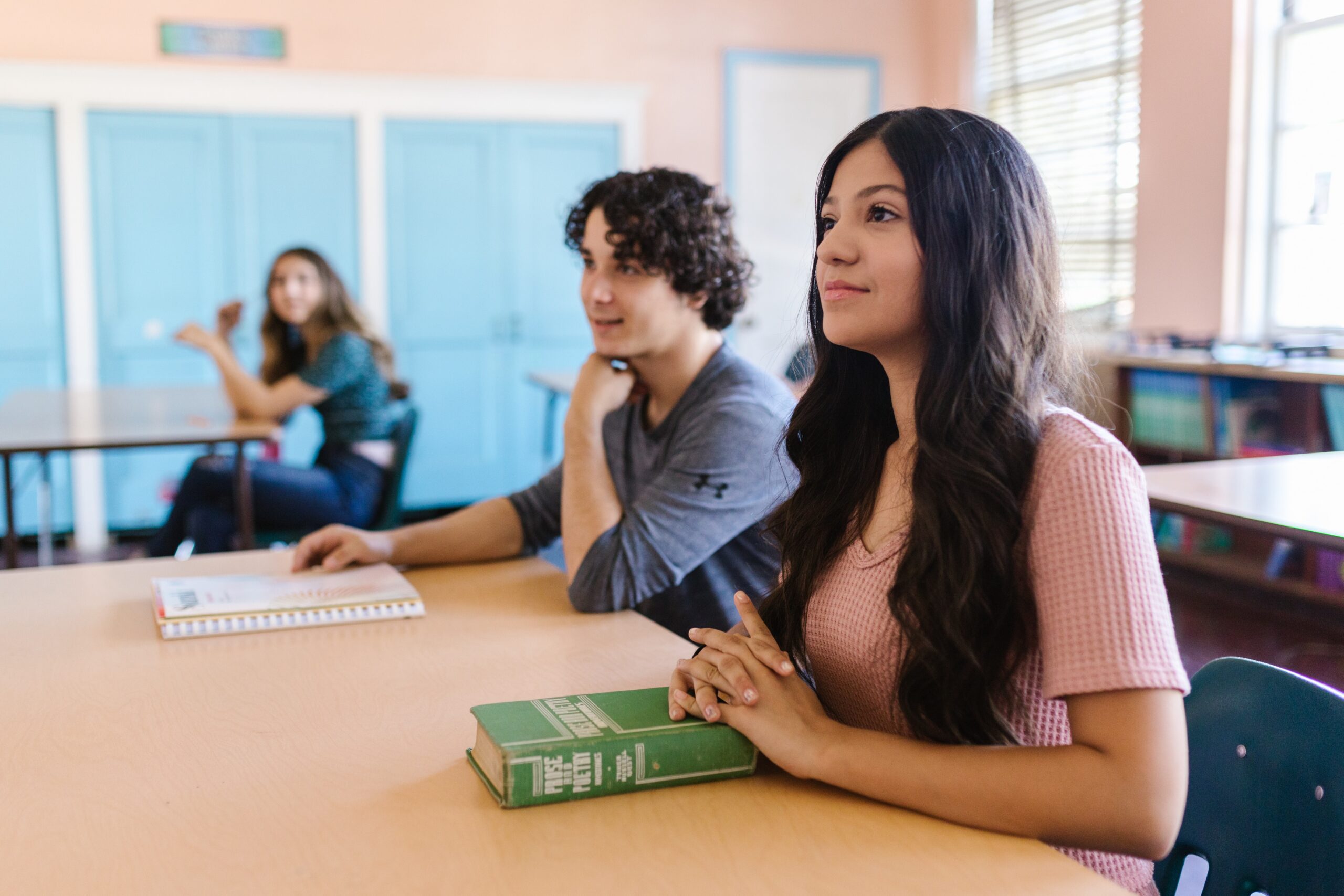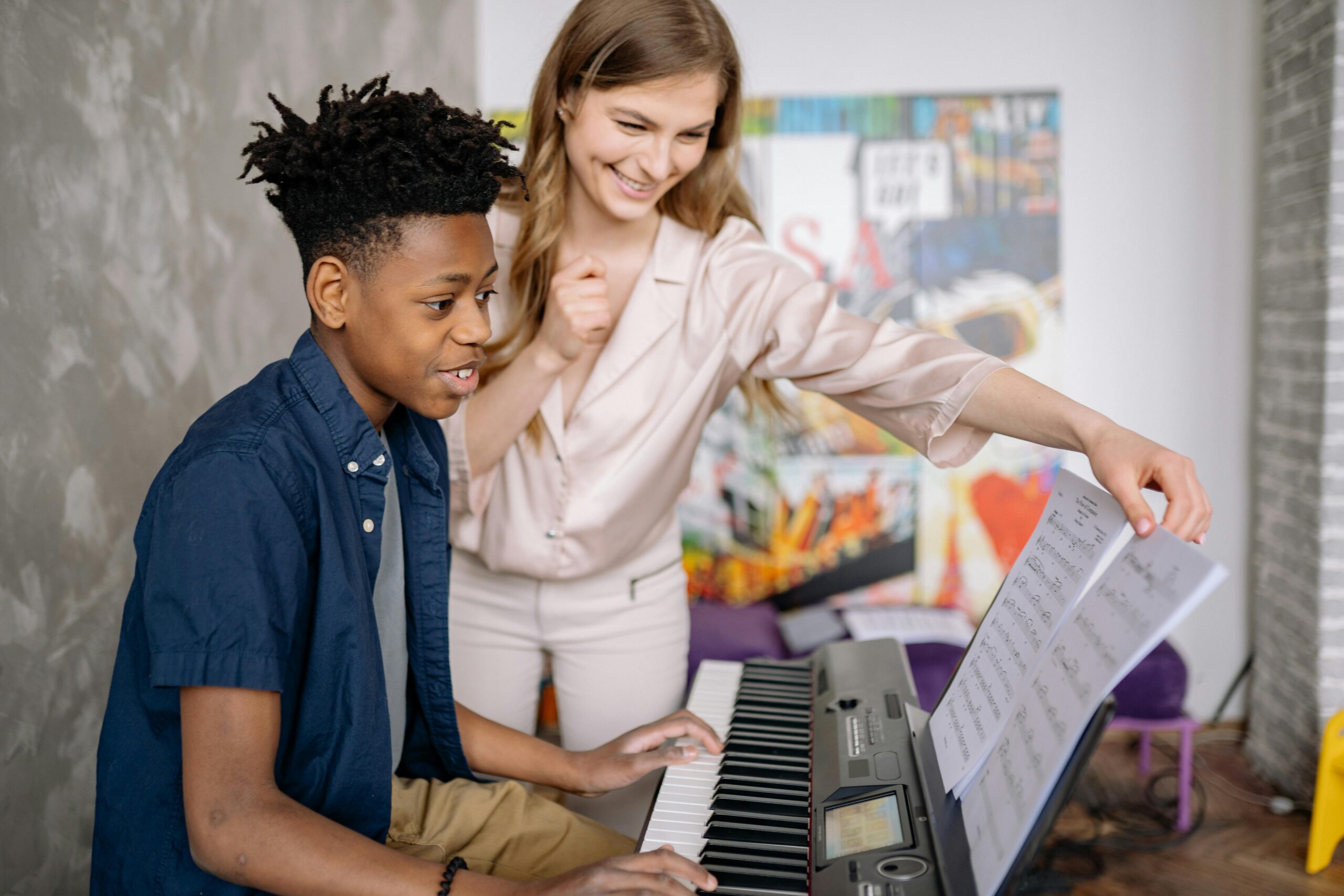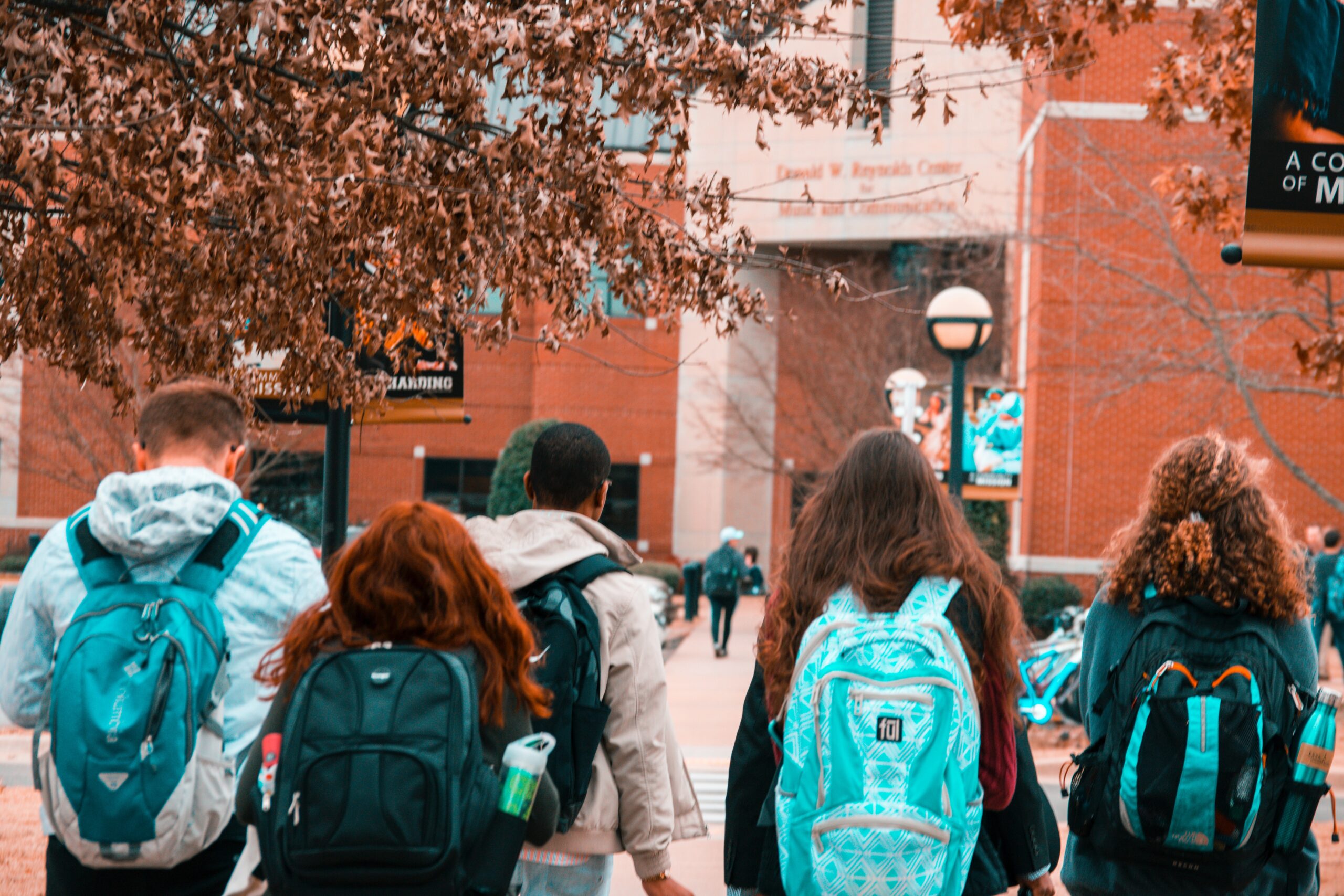
Teacher Life Hacks: Two Strategies to Increase Student Engagement
By Tim Elmore
Dennis Cook was one of my teachers during my junior year of high school. He was a very effective educator. Upon reflection, I can see now that Mr. Cook focused on connections in his classroom as much as the coursework. By taking time to do this, he accelerated our learning and growth.
Mr. Cook practiced valuable tenets of behavioral science, probably without even knowing it. He discovered how to bring out the best in his students, and I was the beneficiary of his gifts. Today, as we enter a new semester, every educator, coach, and leader looks for a “life hack” to better engage students and help them to perform better. I have two for you to consider that I saw in action with Dennis Cook.
1. The Principle of Similarity: We like those who are like us.
For decades, psychologists have reminded us that we tend to like those who are like us.
A growing body of research reveals that similarity plays the largest role in youth mentoring program success. When a student and mentor share similar interests or features, the results skyrocket. Further, when ninth-grade teachers and students received information about the similarities between them, the students’ grades improved significantly. In a massive study of 421 million potential romantic matches from an online dating site, the factor that best predicted favorability toward a partner was similarity. Researchers concluded: “The more similar the individuals were, the higher the likelihood was of them finding each other desirable.”
Here’s what makes this difficult for teachers and students. Humans tend to focus on differences rather than similarities. Our brains find them, and those differences tend to divide us. I suggest you listen first to hear what your students are interested in, then find natural ways to share your similar interests. Identify where you both enjoy comparable hobbies, people, artists, sports, etc. Find natural ways to share what and who you enjoy, and notice students’ responses. Mr. Cook communicated he genuinely knew me and liked what I liked—and I liked him right back.
2. The Principle of Reciprocation: We like those who like us.
In a brain-imaging study, researchers found that when teenagers’ social media photos received lots of “likes,” the reward centers of their brains lit up like Christmas trees. In fact, they were the same reward sectors normally activated by desirable incidents like eating chocolate or winning money. Knowing someone fancies us can be a bewitchingly effective means of cultivating reciprocal behavior. People tend to like those who like them. Candidates in employment interviews receive more favorable hiring recommendations and eventual job offers from interviewers when, during the interaction, they complimented the interviewer.
What if you found natural ways to communicate specific qualities you like in each student and watched their response? To make this most effective, you must be sincere. Teens can spot a fake. Also, it’s best to identify and compliment qualities you want them to live up to going forward. Mrs. Mayo, one of my favorite teachers growing up, did this for me and created a positive reputation I held of myself at twelve years old. This notion is related to a tactic called “altercasting,” in which a person is assigned a particular social role in hopes the person will then act in accord with that role. I heard Mrs. Mayo’s high opinion of me over and over again, as she knew that what gets rewarded gets repeated. I believed she liked me so much, I would have done anything for her.
Truth be told, I performed better for both Mrs. Mayo and Mr. Cook because I believed they liked the same things I liked, and because they liked me as a person.
How could you practice these simple principles this year?
Neither of these two behavioral science tenets has anything to do with academics, but they both positively impact academics, as well as engagement and compliance. Psychologist Robert Cialdini reminds us, “Children who were praised for their conscientiousness on a task performed more conscientiously on a related task days afterward. Similarly, adults complimented on their helpful tendencies became more helpful in a separate setting much later.”
I’m reminding you of the power of loving and affirming the students in front of you.
I love the words of Dr. Kevin Maxwell: “Our job is to teach the students we have, not the ones we would like to have. Not the ones we used to have. Those we have right now. All of them.” You might be the only reason a student comes to school every day.






